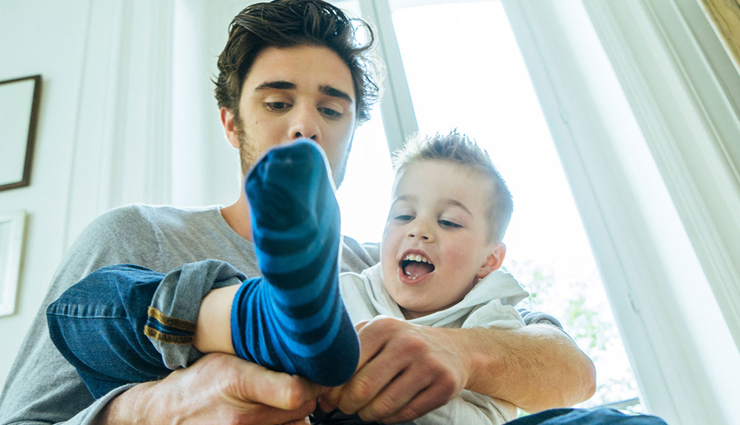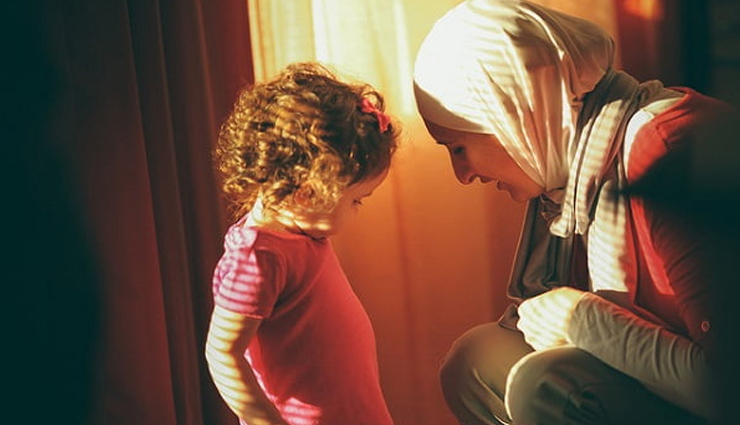- Home›
- Mates & Me›
- 5 Ways How Children Learn Bad Behavior From Parents
5 Ways How Children Learn Bad Behavior From Parents
By: Priyanka Maheshwari Mon, 11 May 2020 11:54:56

What's that you say? You would never encourage bad behavior in your child? If you're doing any of the following, you might be doing just that. Children learn to behave badly, just as they learn to be nice and kind and well-mannered. Here are some common ways parents unwittingly encourage bad behavior in kids.
* Not being consistent
You say no to that extra piece of candy. Your child throws a fit. You give your child that candy. You have now established in your child’s mind the clear message that throwing a fit will give him exactly what he wants, and what you say in one moment doesn't matter because you may change your mind.

* Not following through
Have you ever seen a parent make empty threats? As in, "If you do that one more time, I'm going to [take away TV time; not take you to the ball game; not give you ice cream; etc.]," and then not follow through on the consequences, even though the child didn't do what the parent asked? If you're in the habit of doing this, your child is probably in the habit of not listening to you when you ask him to do something or not do something. Why should he? There are no consequences.
* Excusing
He’s tired. He’s still young. He’s hungry. Sure, kids can’t be expected to be at their best 100 percent of the time it’s not fair and it’s not possible. Kids do get hungry and tired and cranky, especially when they’re young and not yet skilled in expressing their emotions. Even older school-age kids can have their off moments. But if you’re making excuses for your child all the time, then Houston, we have a problem.

* Threatening
There's a difference between warning a child that there will be a consequence if he misbehaves (lose video game time if he hits his brother, for example) and threatening punishment. One fascinating study showed that when kids are threatened with punishment for lying, they are more likely to lie. And when you threaten without actual consequences , then you give your child even less reason to do what he's asked.
* Laughing or smiling at their behavior
Yes, it might be adorable when your child jumps up and down on the chair at a restaurant while singing his favorite song, or eats pasta off his fingers. But bad manners and poor etiquette aren't fun for those around you, and when you fail to stop bad behavior when you think it's funny, your child will continue to do what he feels like doing and may even try to be louder, and may be even more disruptive to get more laughs.





